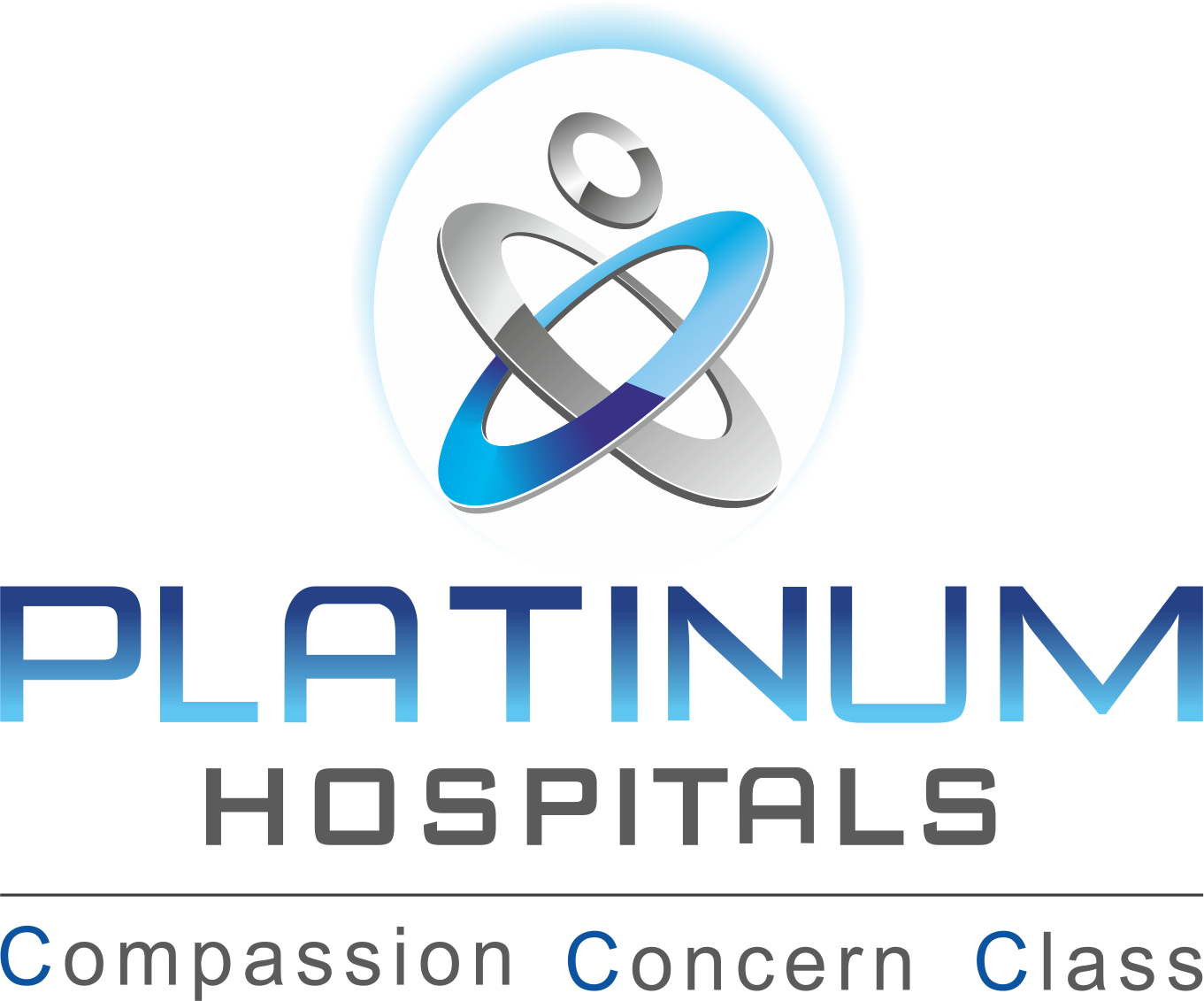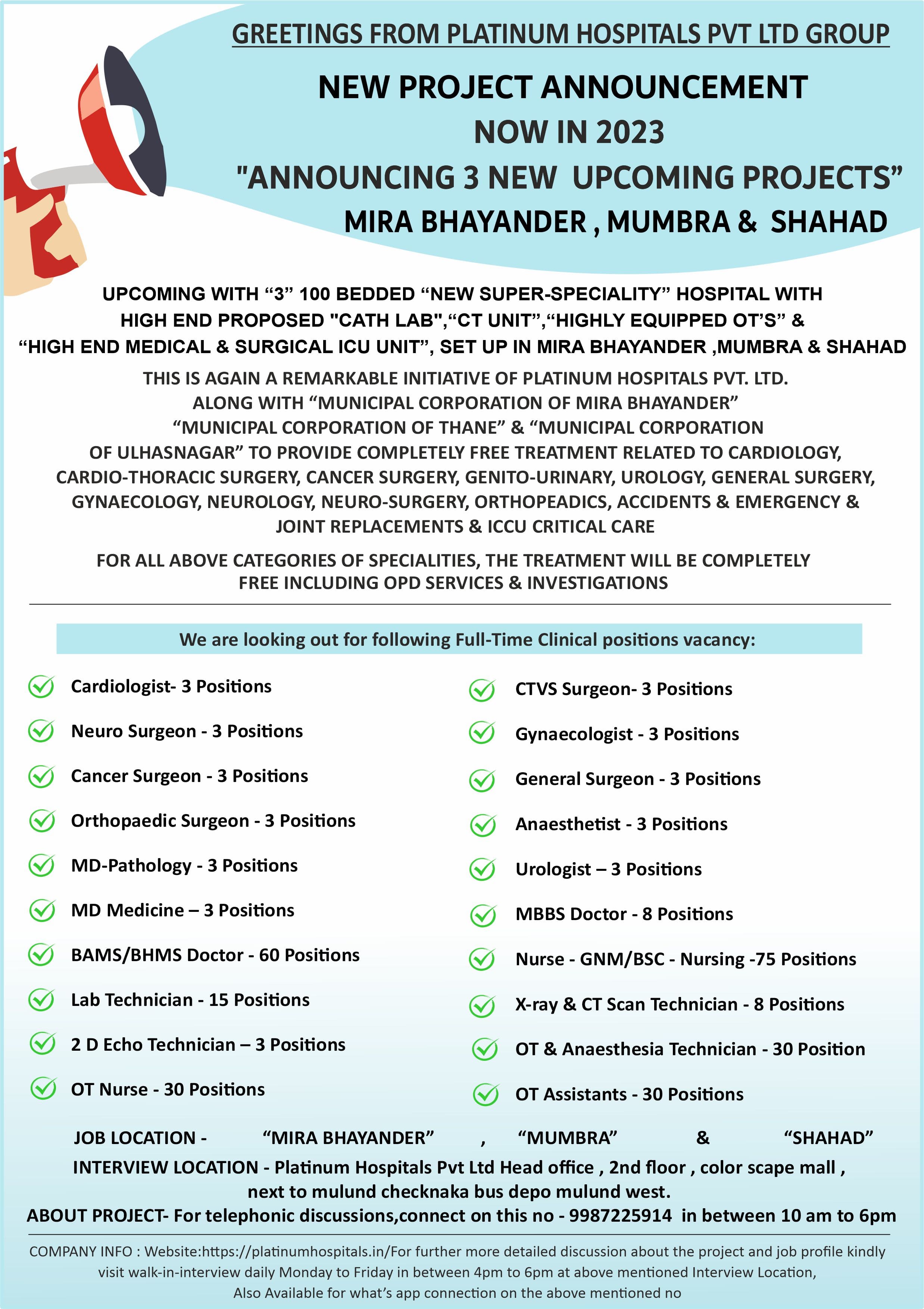TRAUMA AND ACCIDENTS

Trauma surgeries cover a broad spectrum of procedures that can vary depending on the specific injury. They can involve repairing fractured bones, treating soft tissue injuries, reconstructing damaged organs or blood vessels, and managing complex wounds. Trauma surgeons, who are specially trained in emergency medicine and surgical interventions, play a crucial role in assessing and stabilizing trauma patients before performing necessary surgeries. In emergency situations, trauma surgeries are often performed urgently to address life-threatening injuries or prevent further damage....Read More
Common trauma and accident-related surgeries include fracture fixation, joint dislocation reduction, internal organ repair, vascular repairs, nerve repairs, and wound closure. These surgeries may involve open procedures, where incisions are made to directly access and repair the injured structures, or minimally invasive techniques, such as arthroscopy or laparoscopy, which use small incisions and specialized instruments for less invasive access.
Recovery from trauma-related surgeries often involves a comprehensive rehabilitation program to restore mobility, strength, and function. Physical therapy, occupational therapy, and other rehabilitative interventions are utilized to optimize the patient's recovery and return to their pre-injury level of activity.
Trauma and accident-related surgeries require a rapid and coordinated response from healthcare providers to ensure the best possible outcomes for patients. Advanced imaging technologies, such as CT scans, aid in accurate diagnosis and planning of surgical interventions. The surgical team works diligently to stabilize the patient, control bleeding, and repair damaged tissues to promote healing and minimize complications.
These surgeries play a critical role in saving lives, reducing long-term disabilities, and restoring function to those who have experienced traumatic injuries. The advancements in surgical techniques, anesthesia, and critical care management have significantly improved the outcomes for trauma patients, allowing them to recover and regain their quality of life after such devastating events.
Emergency Care:
Accidents and trauma demand immediate attention, and at Platinum Hospitals, we recognize the criticality of prompt and efficient emergency care. Our dedicated emergency department is staffed round the clock by a highly trained team of medical professionals, ensuring rapid response and stabilization of patients in critical conditions. Equipped with advanced diagnostic tools and a fully functional trauma centre, we provide swift and accurate assessments, enabling timely interventions and reducing the risk of further complications.
Comprehensive Diagnostic Services:
Accurate diagnosis forms the foundation of effective treatment. Platinum Hospitals houses a comprehensive range of diagnostic services, including advanced imaging technologies such as CT scan, and ultrasound, along with laboratories for precise and timely testing. Our skilled radiologists and pathologists work in tandem with the medical team, providing accurate and detailed reports that guide personalized treatment plans.
At the core of Platinum Hospitals' philosophy lies a patient-centric approach. We prioritize the well-being and comfort of our patients, ensuring that their individual needs and concerns are addressed throughout their healthcare journey. From the moment you step through our doors, our compassionate staff will guide you with personalized care, from preoperative consultations to postoperative follow-ups. We believe in fostering enduring relationships with our patients, built on trust, empathy, and unwavering commitment.









